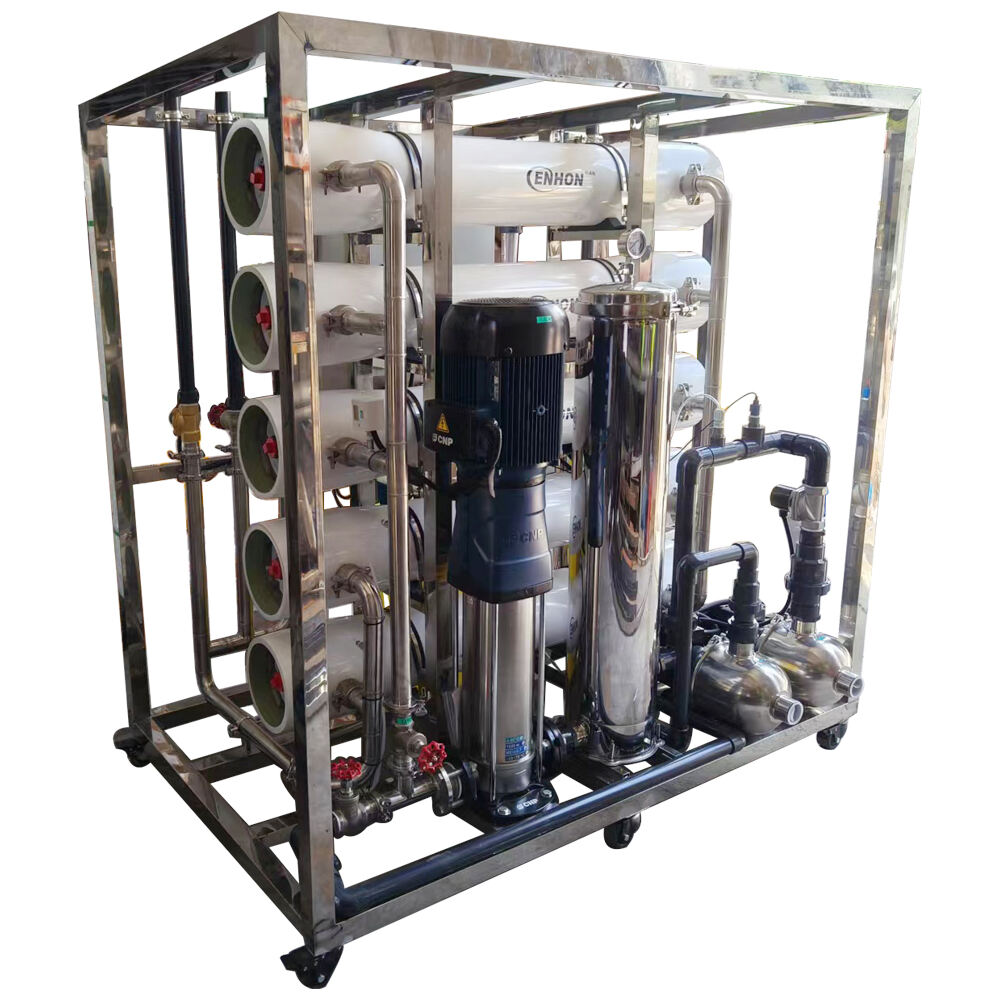Ефективното одвојување на течности е важен фактор за продуктивноста, профитабилноста и еколошката одржливост во процесите на модерната индустријска продукција. Филтрацијата со шупливи влакна (HFF) е напредна мембрана која може да се користи во разни индустрии како фармацевтската, хранителната, за преработка на отпадни води и хемиската индустрија. Но, како функционира и зошто е толку ефективна?
Што е филтрација со шупливи влакна?
Шуплива влакнеста мембрана Шупливите влакнести мембрани се направени од илјадници многу мали цевки со димензии на сламка, а порите имаат микроскопска големина. Трансмембраната филтрација се разликува од традиционалната филтрација каде флуидот се филтрира низ површината на мембраната, без да се движи директно низ мембраната. Оваа појава има ефект на избегнување на запушување (фулинг) и одржување на проширено ниво на ефикасност.
Клучни компоненти:
Шупливи влакнести мембрани – Тенки, порозни цевки што овозможуваат селективна сепарација.
Влезен тек – Течноста тече паралелно со површината на мембраната.
Пермеат – Филтрирана течност што минува низ мембраната.
Ретентат – Концентриран флуид задржан на страната на влезот.
Како функционира во индустријските апликации?
Континуирана филтрација со намалено фулинг
При трансмембраната филтрација, тангенцијалниот тек континуирано ја исцедува мембраната за да се спречи натрупувањето на честички на мембраната. Поради тоа, HFF е погоден за течности со висок содржин на цврсти материи или високи вискозности кои вклучуваат:
Лекување на отпадните води (отстранување на бактерии, масла и суспендирани честички).
Биофармацевтски производи (сепарација на протеини, филтрирање на вируси).
Храна и пијалоци (ускласнување сокови, преработка на млечно продукти).
Висока ефикасност со ниска потрошувачка на енергија
Трошоците за енергија се ниски бидејќи системите што користат шуплести влакна работат под низок притисок во споредба со конвенционалните технологии. Тие имаат висок однос површина/запремнина што овозможува висок капацитет без потреба од интензивно пумпање.
Скалабилност и флексибилност
Модулите HFF може лесно да се скалираат за мали лаборатории или големи индустријски погони. Тие поддржуваат:
Партија или непрекината обработка
Интеграција на автоматизација
Прилагодени големини на порите (UF, MF или NF)
Предности во однос на традиционалното филтрирање
Подолг век на траење на мембраните (намалено замрснување).
Повисоки стапки на рекуперација на производи (помалку отпад).
Нежен кон осетливи производи (протеини, ензими, клетки).
Пониски оперативни трошоци (штедење на енергија и одржување).
Заклучок
Процесот на филтрација со шупливи влакна и попречен тек е универзална, ефективна и одржлива метода за решавање на индустријските проблеми со сепарација. Со зголемување на продуктивноста и намалување на загадувањето, ги помага индустриите да ги исполнат поквалитетните и еколошките стандарди.
Во Guangzhou VOCEE Membrane Technology Co., Ltd. нудиме системи за филтрација со високи перформанси со шупливи влакна за вашата индустријска примена. Покажете го сега за да ја максимизирате вашата филтрација!

